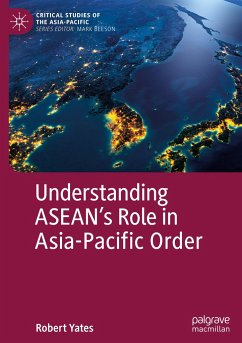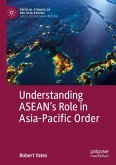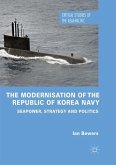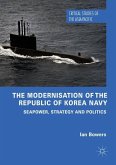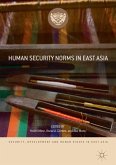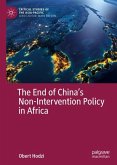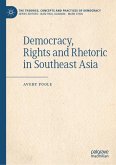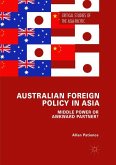This book assesses the important role of the Association of Southeast Asian Nations (ASEAN) in the management of regional political, security and economic relations. The author argues that ASEAN's prominent role in the region, spanning 50 years, is largely due to the acquiescence of the great powers who endorsed ASEAN, accepted its regional position and accorded the institution a legitimacy and durability that, otherwise, it would not have. This text offers a key intervention into the debate regarding ASEAN and regional order by showing how ASEAN's contribution to order management is part of a negotiated division of labour with the great powers. The author applies an innovative social roles analysis, which captures the dynamic interactions between ASEAN and the great powers from the Cold War to the present day.
Bitte wählen Sie Ihr Anliegen aus.
Rechnungen
Retourenschein anfordern
Bestellstatus
Storno

